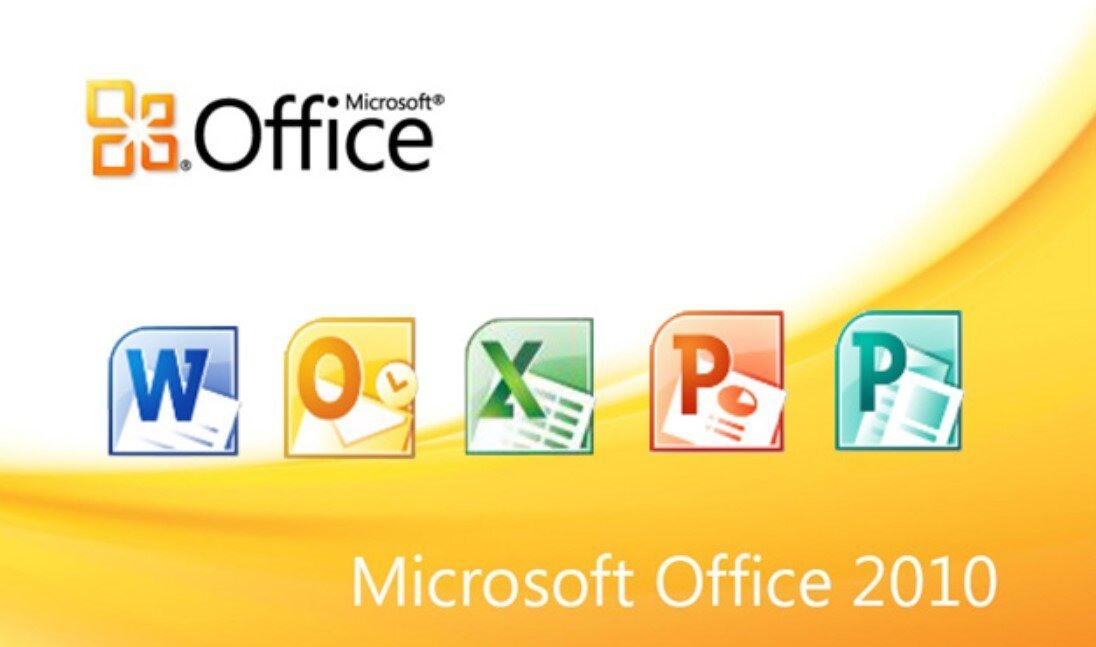Η Microsoft θέλει να μάθει πόσα αντίγραφα εκδόσεων του Office που δεν υποστηρίζονται είναι εγκατεστημένα σε υπολογιστές με Windows και σκοπεύει να το ανακαλύψει με μια ενημέρωση μέσω του Microsoft Update.
The company swears it's safe.
The update KB5021751, which is referenced in a support post this weekteam, targets versions of Office “up to and including” 2007 and 2010, both of which have been out of support for several years. It's also looking for Office 2013, as it will end support next April.
"This update will run once silently without installing anything on the user's device," Microsoft says, and provides instructions for downloading and installation of the update, which the company says has been scanned and contains no malware.
“Microsoft swept this archive for viruses using the latest virus scanning software available on the date the file was released”(!!!).
No reboot is required after installation, Microsoft says.
Are you ready for the mystery update?
Microsoft's description of the deprecated Office inventory update leaves a lot to the imagination, along with the paragraph describing how to install the update, which directly contradicts the paragraph above that states "the update will run once quietly without settling”.
It also doesn't say how the update will collect information about Office installations, if it will collect other system information, or what exactly will be transmitted and stored by Microsoft.
At least you can be sure it's not about malware.
Microsoft also failed to mention what it plans to do with the data it will collect from this update, though one can guess it.





